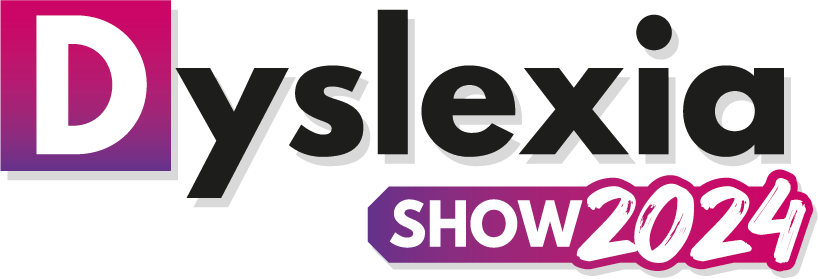Flexible responses to diverse learning needs
My interest in neurodiversity goes back to when I conceived the notion of Dyslexia Friendly Schools. My successful secondary school in North Wales, Hawarden High School, became the first secondary school in the UK to host a Local Authority funded Dyslexia Resource, accepting a number of t most vulnerable dyslexic learners from around the authority. Part of my responsibility was to train all my colleagues in generic dyslexia friendly approaches that would work across the curriculum and, as these approaches became embedded, we became a more successful school against most measure of the time. Our exam results improved across the board, as did attendance, punctuality and parental confidence. ESTYN ( the Welsh version of OFSTD) also recognized what was going on. One interesting indicator was a change in the conversations I would have with colleagues – instead of grumbling that learner X couldn’t……… and what was I going to do about it, colleagues would inform me that they had tried a number of recommended strategies which had worked for everyone else, except learner X then we would have an informed discursion about next steps, which might include more “classroom action” and/or some specialist input.
Having originated this concept of Dyslexia Friendly Schools over 30 years ago, I find most of my thinking now centers around the notion that getting it right for Dyslexia actually gets it right for all. as it did at Hawarden. In fact it is more accurate now to say that getting it right for neurodiversity is what actually gets it right for all. This is proving to be a popular concept internationally as well as here in the UK, especially in our current UK funding culture of cuts and “pie in the sky” target setting without additional resources. Given that colleagues are under increasing pressure to deliver more and more with less and less the concept of Total Teaching, coincidentally the title of one of my books, comes to the fore. The idea of Total Teaching comes from football – in a total football team all players can do enough of each other’s jobs to take up the slack when required. So, defenders can attack effectively, and attackers know how to defend. Taking this approach into the classroom, the principle underpinning total teaching is to equip all primary and secondary teachers with “just enough” of the skills of a SENCo so that they can take front line action to address issues around reading accuracy and comprehension, cognitive overload, spelling “subject words” and getting ideas down on paper. Anecdotal evidence from the Dyslexia Aware Consortium (DAC) a cluster of Local Authorities in the North West offering a regionally validated Dyslexia Aware Quality Mark which is largely free of cost to participating schools, shows that these schools are improving their overall effectiveness and not only with learners on the Dyslexia Spectrum.
When I present these principle with accompanying solutions during whole school primary and secondary training, I find my colleagues to be almost universally open to the challenge of providing accommodations, once traditionally thought of as being “Level/Phase 2 support,” as part of their normal, day to day commitment to the inclusive classroom. The validity of this approach becomes apparent when, as a consultant, I model inclusive approaches in primary and secondary classes while being observed by colleagues. When basic skills issues are hindering learning my dyslexia/ALN background enables me to offer accommodations immediately which, in another setting, might only be available from the SENCo or LSA/TA and then only after a lengthy period of referral, assessment and discussion. So, as I argue in my training, if we can all offer at least some of these accommodations by just tweaking our current practice, the majority of learners in a class will benefit. The research validates this approach, from Rosenshine, though Hattie to Kilpatrick and EFF.
The beauty of these accommodations, some of which I will share at the Dyslexia Show in March is because they are evidence validated and high impact, they benefit a majority of learners in the classroom, especially those who think faster than they read, write, spell and get ideas down on paper – hence the reason why I argue that getting it right for Dyslexia/ALN can actually get it right for all. They also impact positively on learners for whom English is a second or additional language and can give a boost to those who are not making enough progress.
I am intrigued that concerned colleagues have been asking me pretty much the same questions throughout my career, initially as SENCo, then as a Senior Leader and latterly as a freelance trainer and consultant. And the same questions seem come up wherever I have worked in the world, regardless of first language and whether I am focusing specifically on Dyslexia or taking a broader view on additional learning needs and neurodiversity.
My focus, then, is on providing solutions to develop resilience and motivation,, reduce cognitive overload and develop powerful retrieval strategies, create metacognitive approaches to comprehension that minimize currently weak decoding, provide easy to use approaches to develop the accurate spelling of complex subject words and model how to empower learners to get their ideas down on paper at a level which matches the evidence of higher order thinking that they show during the oral part of a lesson. The feedback from schools across the UK and in many countries around the world really does support the view that, when we get it right for neurodiversity we do indeed get it right for all.

